INTRODUCTION
‘Sex and intimacy’ in care homes is an often taboo and neglected subject that has a significant impact on the wellbeing of people living with dementia and their families. Our organisation was engaged to help a non-profit organisation within the healthcare sector with the following objectives:
- To create new products and services that help people affected by dementia in relation to sex, intimacy and relationships
- To embed a new innovation process within our client’s new innovation team and demonstrate the approach to others within their organisation
As the project progressed, we narrowed our focus into helping care homes better support their residents with dementia when it comes to sex and intimacy. The outcome of the project was Lift the Lid – a workshop in a box with all the tools needed for care homes to run a creative challenge with their staff to:
- Challenge perception around sex, intimacy and relationships and people affected by dementia
- Provide a framework for respectful management of in-the-moment situations
- Align care home staff on the shared values of the home and create an action plan for how they can provide better care for their residents
PROCESS
To deliver the project and ensure we achieved the second objective, we worked very collaboratively with the client - aiming to teach them through doing. We formed a team of 6 members from their new Innovation team and led and guided them through the process. We
followed our 4-stage L.I.F.E. ™ process to tackle this project.
Stage 1: Learn - The initial challenge our client wanted to tackle was too broad. As such, we led them through a scoping workshop to better define their challenge and target audience they wanted to reach. Together, we interviewed a variety of people across their organisation, and conducted desk research on multiple areas of focus and used those findings to generate a list of smaller challenges and opportunities within this space.
Output: A well-defined, aligned upon challenge for the project – helping care home staff support people affected by dementia around sex, intimacy and physical relationships.



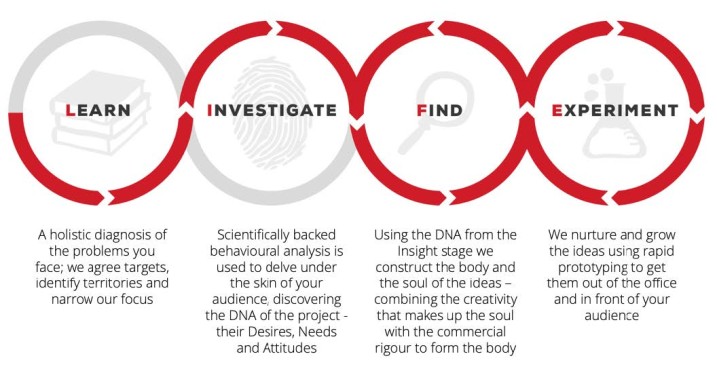
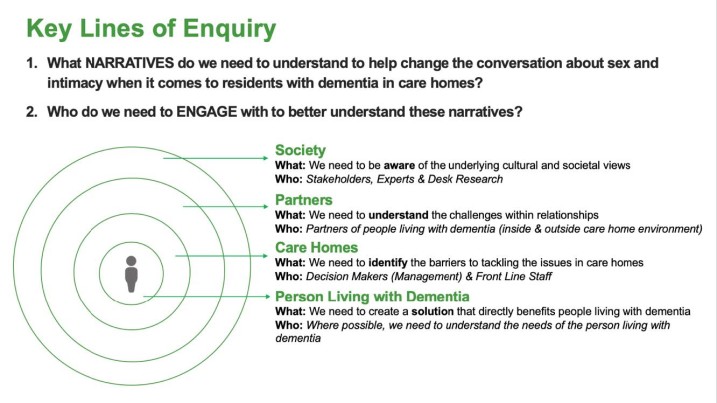
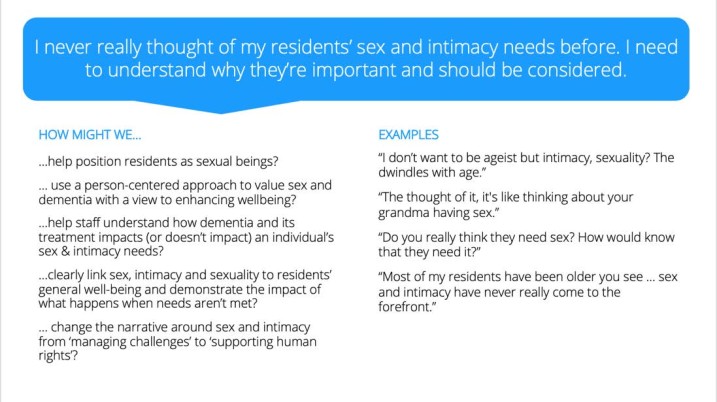
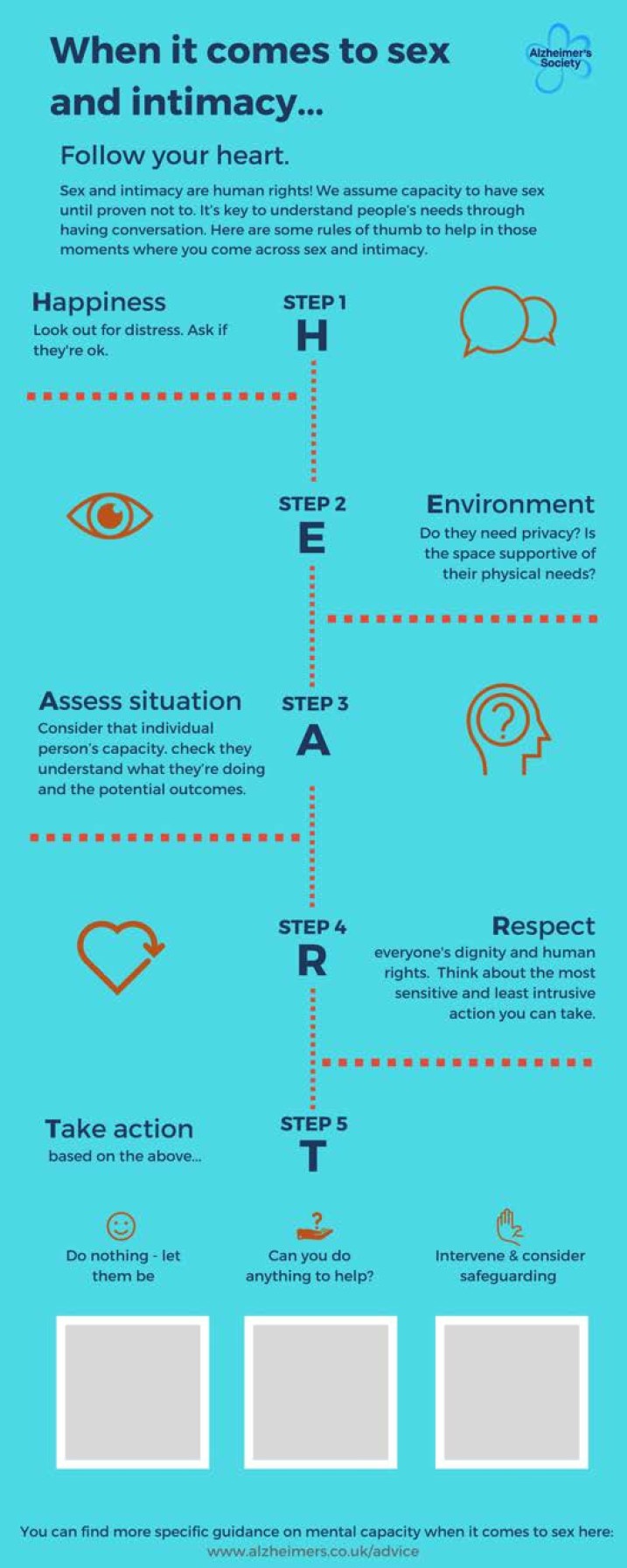
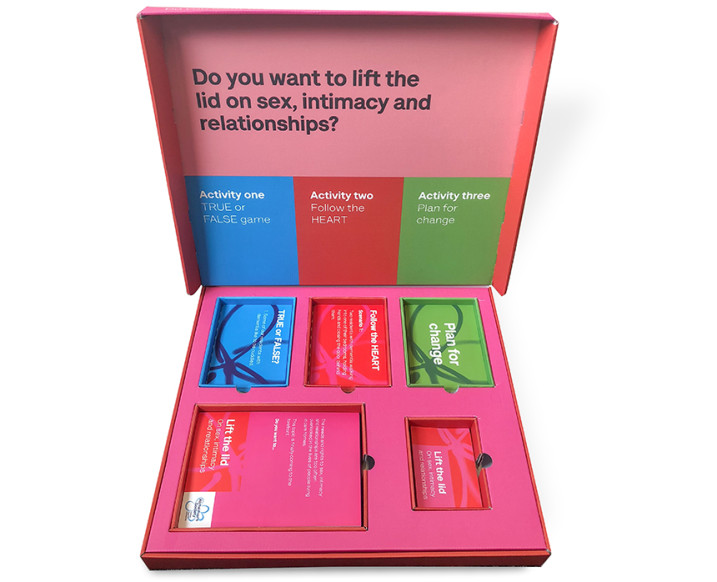
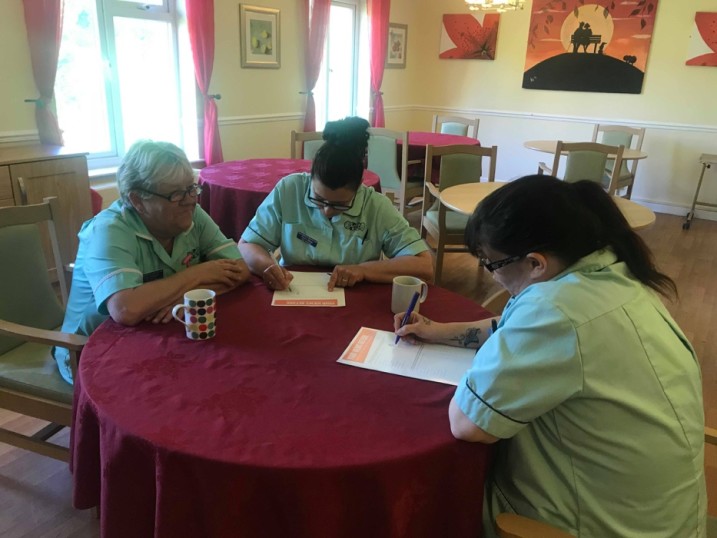
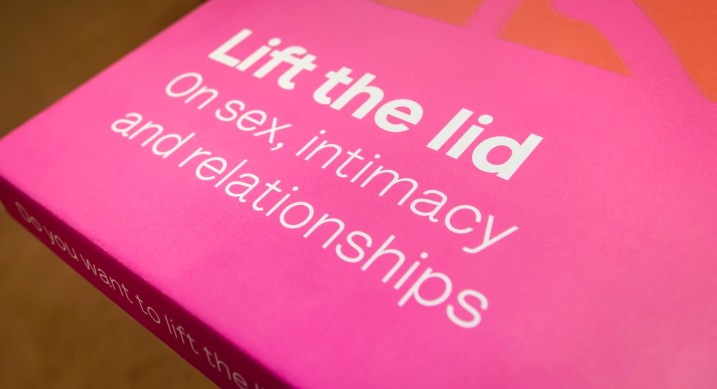

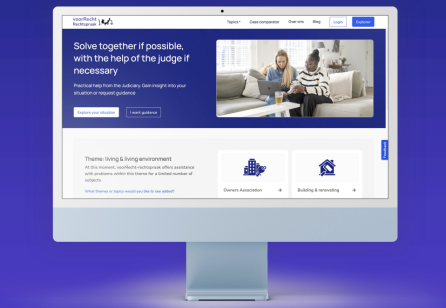
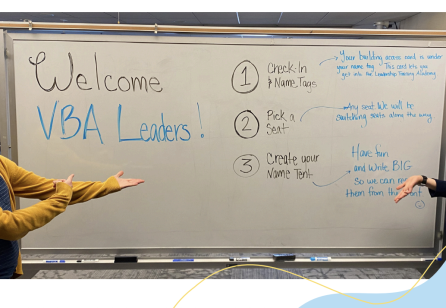
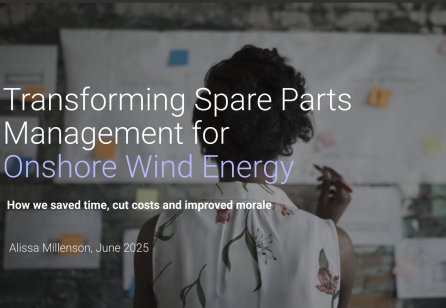

Share your thoughts
0 RepliesPlease login to comment